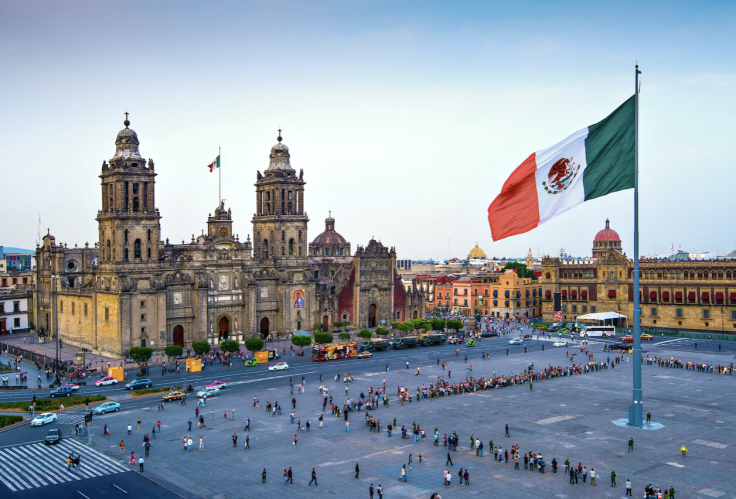
An overwhelming majority of Mexicans are supportive of companies and brands who help refugees in the country, according to a new survey by Tent.
Concretely, 74% of respondents said they are more likely to buy from companies who hire refugees, while 70% said so for companies who donate money to help them. The figure is higher than other countries in which the same survey was conducted, including the U.S., Spain and Germany.
Support for these measures spans across all demographics, with only baby boomers showing a little less favorability. Over 70% of respondents from Gen Z, Millennials and Gen X said they are more likely to buy from companies hiring refugees and less than 10% saying they are less likely to do so. 62% of Baby boomers, on their end, gave a positive answer and 14 a negative one.
The arguments that resonate the most to justify the measures are humanitarian. "When presented with a series of reasons to hire refugees, consumers found most convincing the argument that refugees deserve help because they were forced to flee their home country, while also strongly agreeing that when refugees work, they boost the economy by spending money and paying taxes," reads a passage of the report.
"Consumers also agree with the argument that refugees fill existing labor shortages rather than take jobs away from local workers, with 63% finding it very or somewhat convincing, and only 14% deeming it not convincing at all," it adds.
There were some 110,000 refugees in Mexico by the end of 2022, most of them from Venezuela, Honduras and El Salvador. There were also some 450,000 asylum seekers coming from countries such as Honduras, Haiti, Cuba, Venezuela, El Salvador and Nicaragua.
While a sizable percentage of migrants heading up to the United States have stayed in Mexico, most seek to make it to its northern neighbor. Customs and Border Protection recorded nearly 2.5 million crossings in fiscal year 2023, with almost half of them originating from outside of the usual source-countries Mexico, Honduras, Guatemala and El Salvador.
© 2025 Latin Times. All rights reserved. Do not reproduce without permission.





